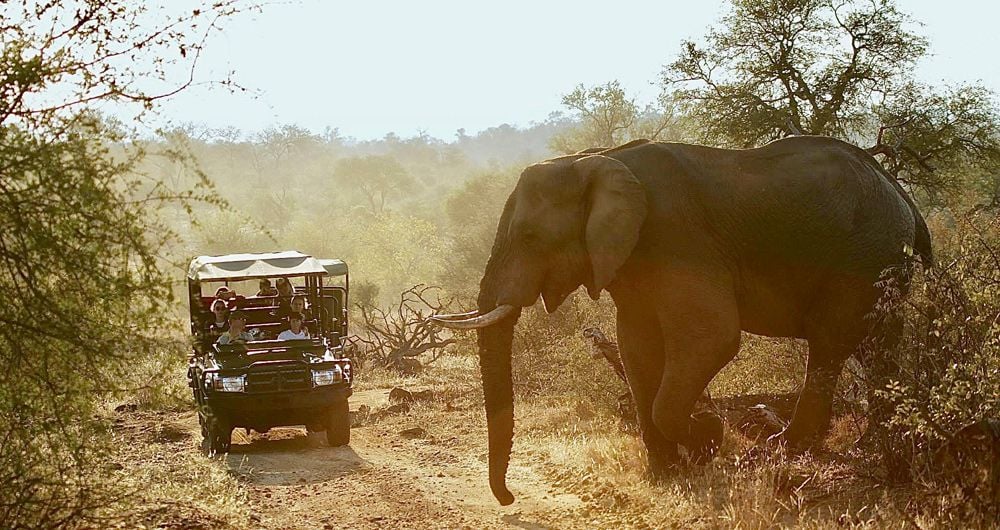In these crazy corona times, I can't tell you how often I've read that "this is nature pressing the pause button" or "this is Mother Earth paying us back for all the abuse she has suffered at our hands". And whilst we marvel at fake pictures of flocks of birds returning en masse to places they had long since deserted, or dolphin now appearing in the waters of Venice, let's spare a thought for what is really happening in terms of conservation during these challenging times.
Vast tracts of wilderness that are being looked after by both private and government organisations rely heavily upon valuable tourism income to protect and conserve the animals and the environment. Ecotourism also provides an important sustainable living for local neighbouring communities.
With the virtual shutdown of transcontinental and intercontinental travel, we should see a slowdown of poaching of endangered species to supply the once-thriving eastern markets. As the demand for ivory, rhino horn, pangolin scales and lion bones potentially wanes, these private and government nature reserves may be tempted to pull back on anti-poaching initiatives in order to save money. This may exacerbate poaching from a bush meat perspective. Without funding derived from eco-tourism, the people, the flora and fauna are once again at risk; and self-sustaining neighbouring communities may, in all likelihood, be forced to revert to poaching in order to put food upon their families’ tables.
Whilst not much harm will be done to the ecosystem from the occasional poaching of a few antelope ”for the pot”, the danger lies in the indiscriminate setting of snares that target any animal unlucky enough to get caught. Many of these animals, some of which may already be critically endangered, suffer for weeks and months before they succumb to their wounds with their limbs, head or neck ensnared in cruel and lethal wire or metal traps.
Since HKLM’s inception, it has been very involved in the conservation and eco-tourism sector across Africa. We have advised many organisations on sustainable branding and marketing strategies that will ultimately benefit the people, the wilderness, the wildlife - and the economy.
Ecotourism plays a vital role in conserving vast tracts of iconic wilderness, protecting our wildlife and supporting neighbouring communities; and without valuable funding, from tourism-based income and donations, our wilderness, wildlife and people are once again at risk.
Most ecotourism organisations derive much of their valuable funding from donations as well as tourism-based income. So, whilst you may have experienced the disappointment of having to cancel or postpone your own getaway, please still consider making a donation to ensure the people, the animals and the wilderness within your planned destination also survive during the extremely trying times which lie ahead.
Then, once we are able to start travelling again, please also consider returning to Africa’s incredible collection of wild destinations, knowing that simply by being there, you will be highly instrumental in contributing towards holistic conservation as well as supporting the local community members.
Most of these destinations are very private, away from populous cities and would provide ample opportunity for social distancing.










































